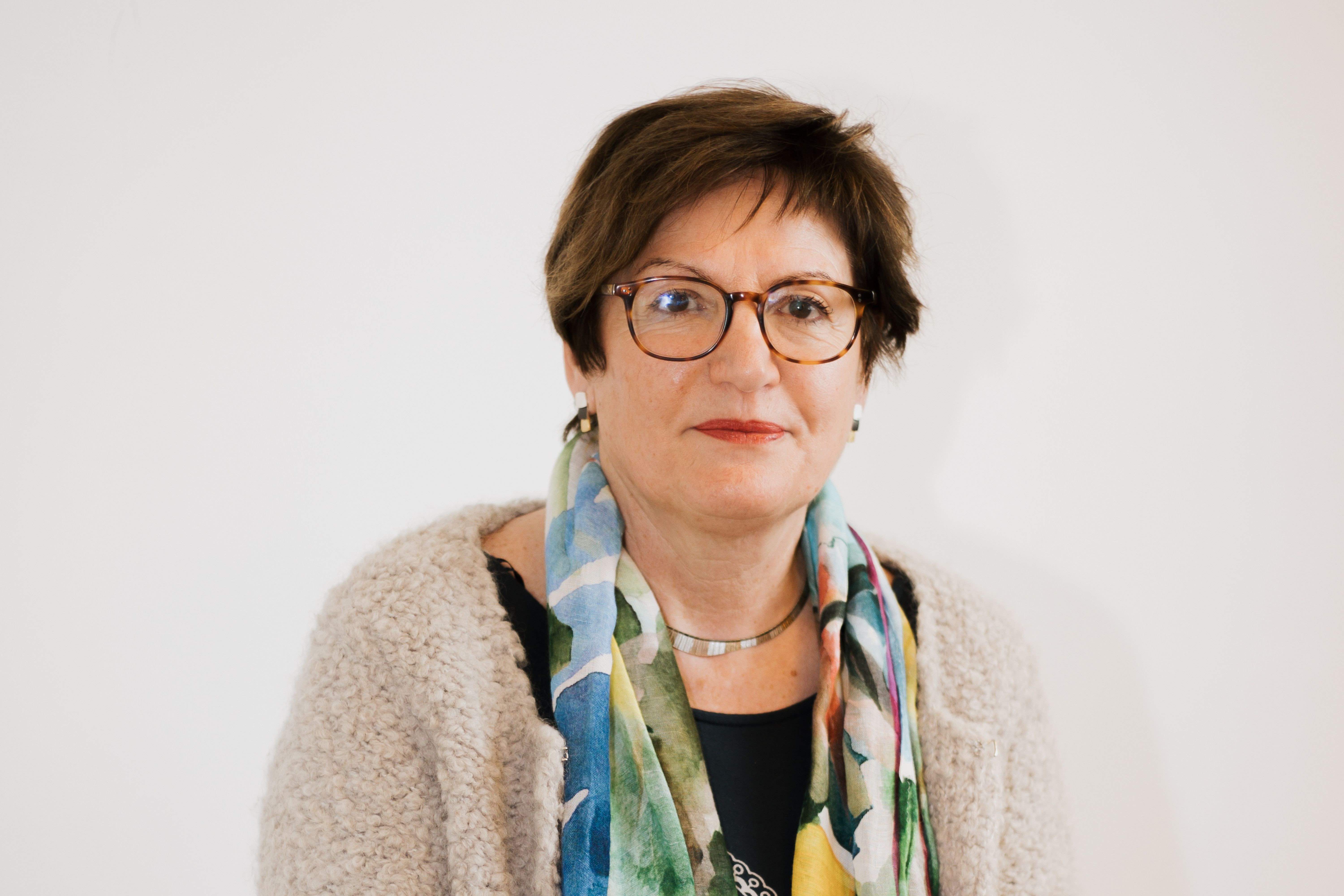
Latest information

Interview with Rocío Mosquera Álvarez, president of Clúster Saúde de Galicia
As a region of European reference in health innovation for active and healthy ageing, we discuss with Rocío Mosquera, president of Clúster Saúde de Galicia (CSG), the opportunities of the community in the development of solutions and testing linked to health, as well as the strength of the Galician biotechnology sector.
Active and healthy ageing is one of Galicia's Smart Specialisation Strategy (RIS3) challenges. How can we adopt a position in this field?
The demographic situation foreseen for Europe in 2050 is already a reality in our region, with more than 25% of the population over the age of 65. We have an ecosystem of public and private entities working together to provide solutions for the needs of the senior population. Galicia has been recognised as a region of reference in active and healthy ageing in Europe with the highest qualification, therefore we can say that we are already well positioned and that we have an ideal context to pilot local, national and international solutions.
What opportunities does the Silver Economy mean for Galicia?
It offers a new field of opportunities not only in the field of health, but also in other sectors such as tourism, sport, habitat and even finance. From the CSG we are working on several projects related to this concept: mapping products and services aimed at the Silver sector at European level, developing a guide for the adoption and scaling of technological or digital-based solutions and creating a network of Living Labs based on a protocol focused on the testing of person-centred care together with wellbeing indicators.
Galicia has been a pioneer in cooperation between the public and private sectors in health innovation. Could you name the keys to success?
The development of an implementation strategy that has been agreed and shared among the various stakeholders, together with the implementation of the innovative public procurement process in the healthcare sector, through two European projects, InnovaSaude and Hospital 2050. The cluster acts as a communication channel between regulators, industry and users in order to communicate the needs of the latter to the former.
Biotechnology is a key sector in the new economic model. What challenges does the CSG face in this respect?
As described in the Strategy for the consolidation of Galicia's biotechnology sector, in which the cluster actively participates, the priority challenges focus on new technologies to develop 5P medicine: Personalised, Predictive, Preventive, Participatory and Proof-based.
Research and innovation are advancing at unprecedented speeds, especially in advanced therapies: gene, cell and tissue therapies. The emergence of these new drugs requires that we adapt our healthcare systems to make them sustainable and ensure that all patients who can benefit from them have access to them.
In recent years, new companies and knowledge-generating entities have emerged around open innovation for drug discovery and vaccine production, exacerbated by the pandemic. This is building investor confidence, despite the fact that research-to-patient times are always very long, averaging 10 years.
What impact do Living Labs have on healthcare innovation in Galicia?
They offer a context for real-life testing and piloting in collaboration with the healthcare and/or socio-health system, providing a unique opportunity for co-creation and proof of concept with high added value. This provides a rapid but rigorous assessment of the chances of success of the innovation. The standardisation of protocols, indicators and reports allows for results reproducibility and scalability.
Lonza and Indukern are betting on Galicia. What conditions are offered by our region?
Galicia offers facilities for new entities and/or new strategic lines and has the support of two innovation agencies (Axencia de Coñecemento en Saúde and Axencia Galega de Innovación) as well as a complete funding aid map. In addition, the Galician health and academic ecosystem has a pool of talent that could be of interest for increasing opportunities in the sector in the region.
What weight does digitalization have in the CSG's strategy?
The CSG recognizes the importance of digital transformation in the paradigm shift of both the healthcare system and the socio-health sector. That is why it became a founding partner of DATAlife and leads the health and care node of the Galician Digital Innovation Hub (DIH), the only one recognized by the Ministry and with European funding. In addition, from the CSG we participate in European projects with a focus on mapping and testing of technological solutions. An important part of our associates are technology companies specialized in the sector.